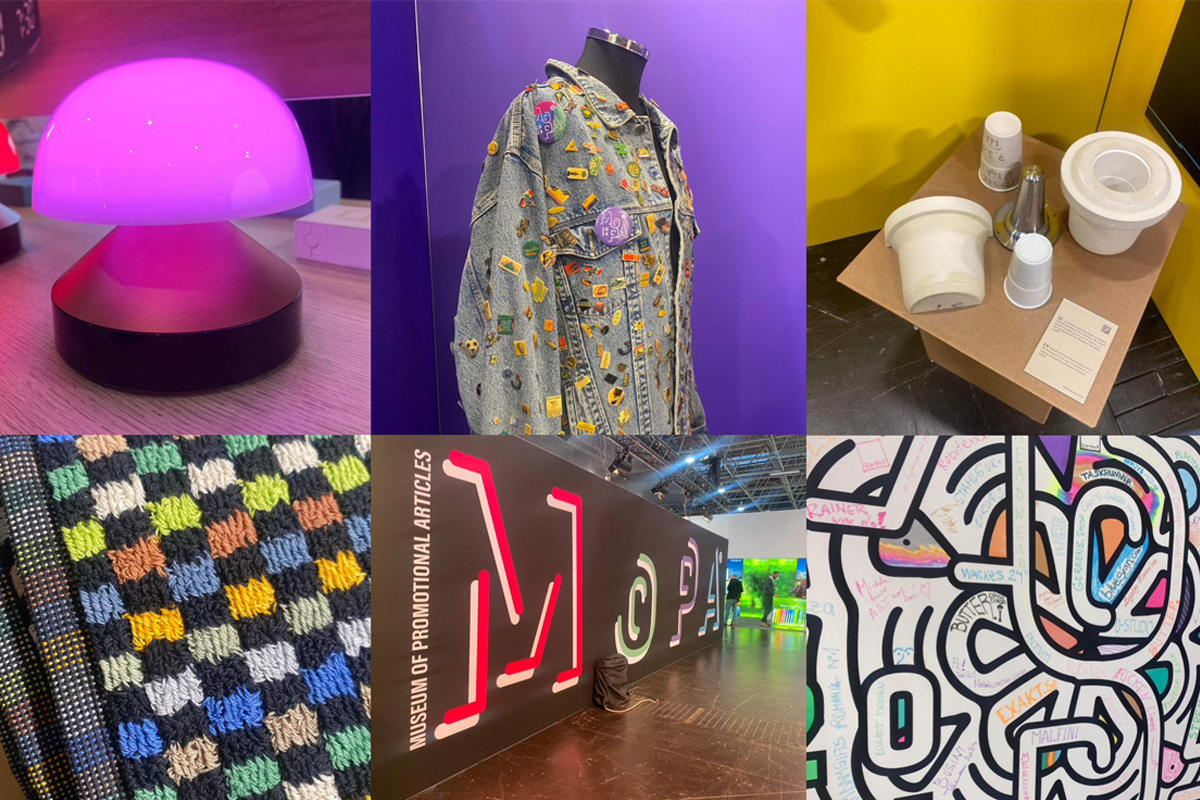Despite many well-known brands’ best efforts and increasing public awareness, textile consumption is constantly growing. ‘Fast fashion’ is one of our biggest environmental problems and challenges. The textile industry’s impact has a very wide scope: from water consumption to the microfibers that get released into the oceans, the way crops are grown, the chemicals used in processing, the working conditions in textile factories, the post consumption wastage and destruction of unused clothing, and the resulting carbon emissions. It’s a long list, and we don’t have all the answers, but we can provide some guidance:
- A t-shirt SHOULD NOT cost 2 €. If it does, there is a problem. Choose better quality, longer lasting well-made items. Avoid cheap ‘at all costs’.
- Choose products with social and environmental certificates.
- Promote ‘slow fashion’ by buying quality garments with a longer lifespan – not just for one season.
- Explore more environmentally friendly substitutes for materials, like rPET and other recycled fabrics.
- Require minimal biodegradable or recyclable packing materials and eco-friendly decoration techniques and chemicals for printing.
- Reduce mileage wherever possible: use more localized production and close-by located stock to avoid unnecessary transport.
See the documentary film ‘The True Cost’ that focuses on fast fashion: https://www.youtube.com/watch?v=rwp0Bx0awoE)
A full guide on certificates and labels used in textiles is available here: https://www.ecolabelindex.com/ecolabels/?st=category,textiles




